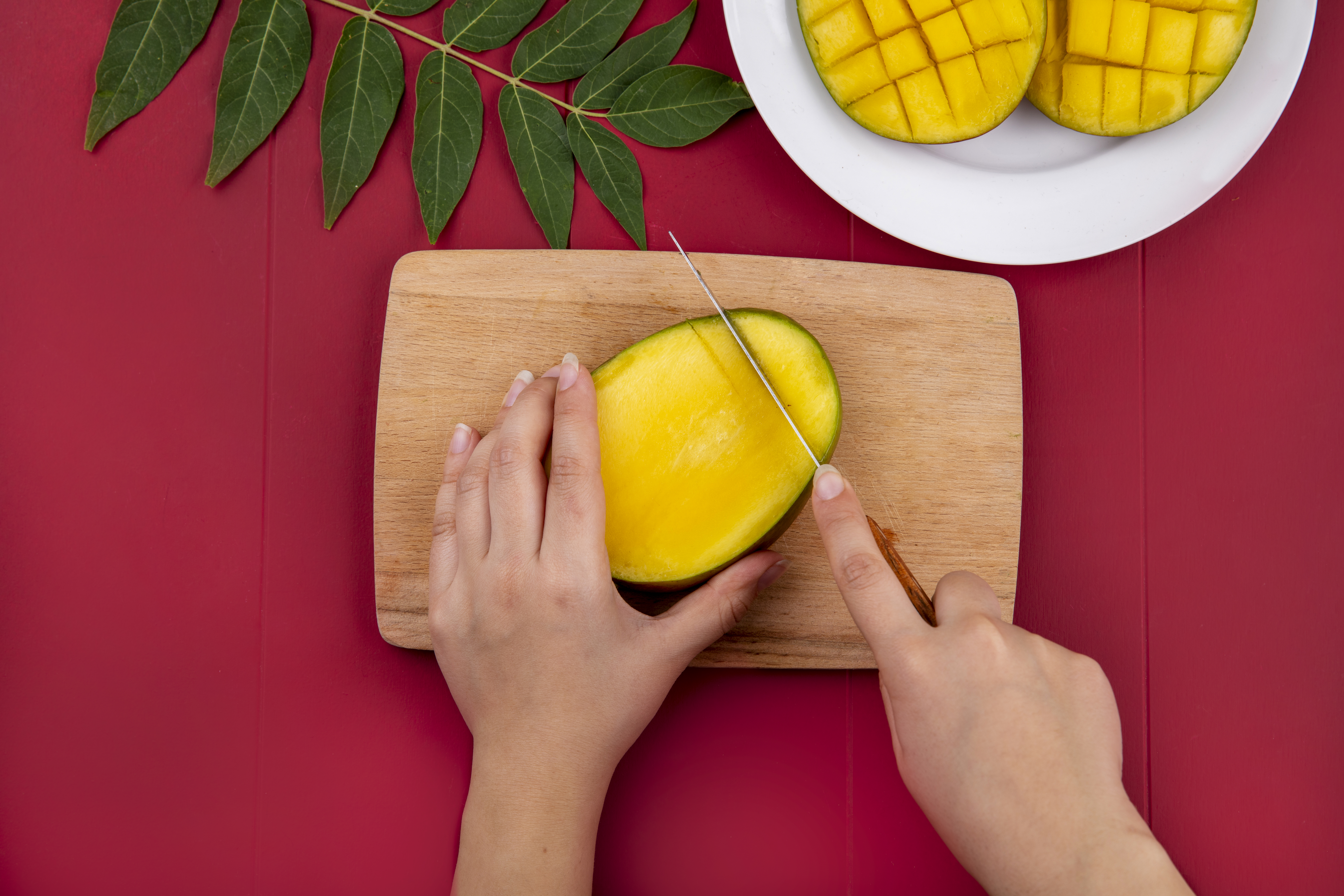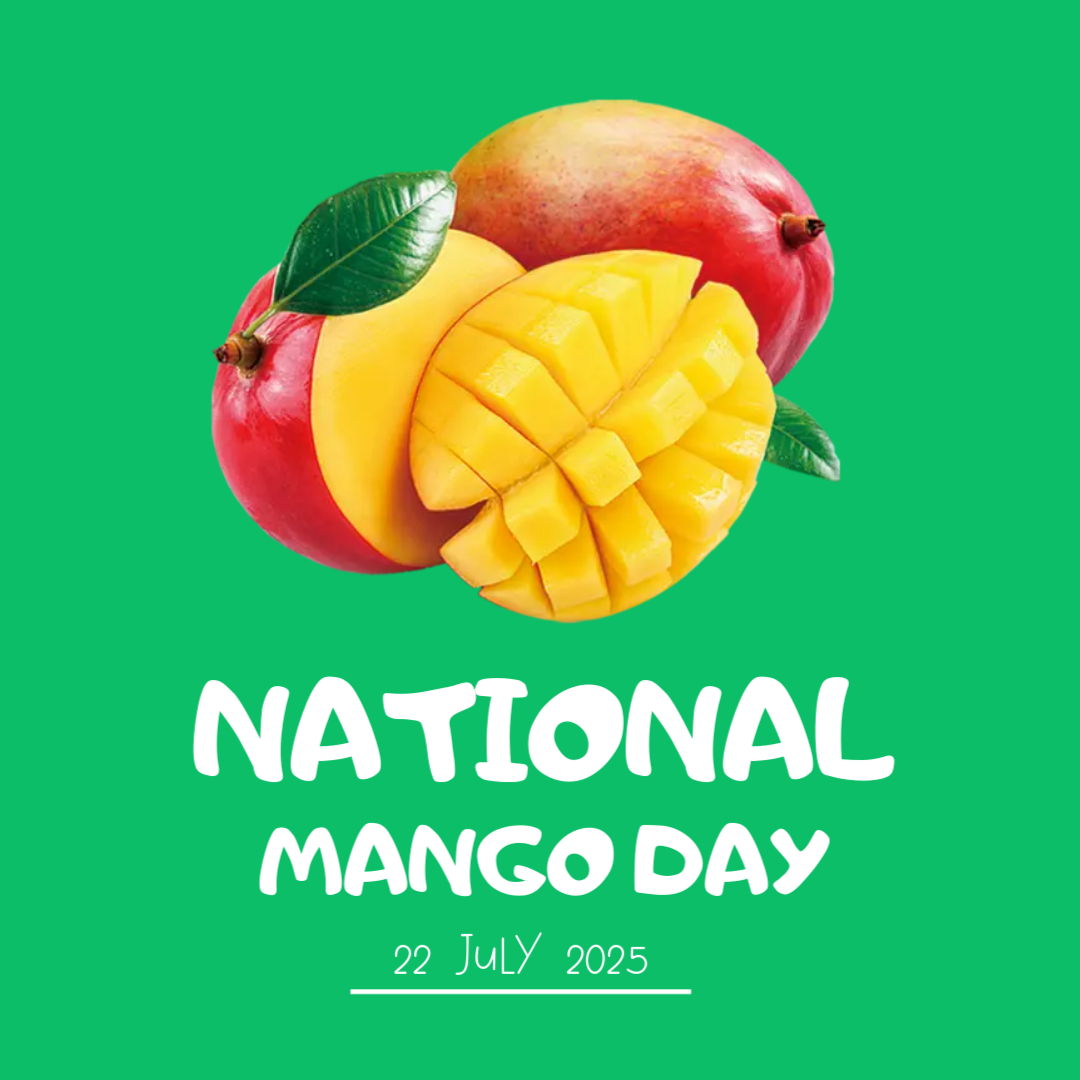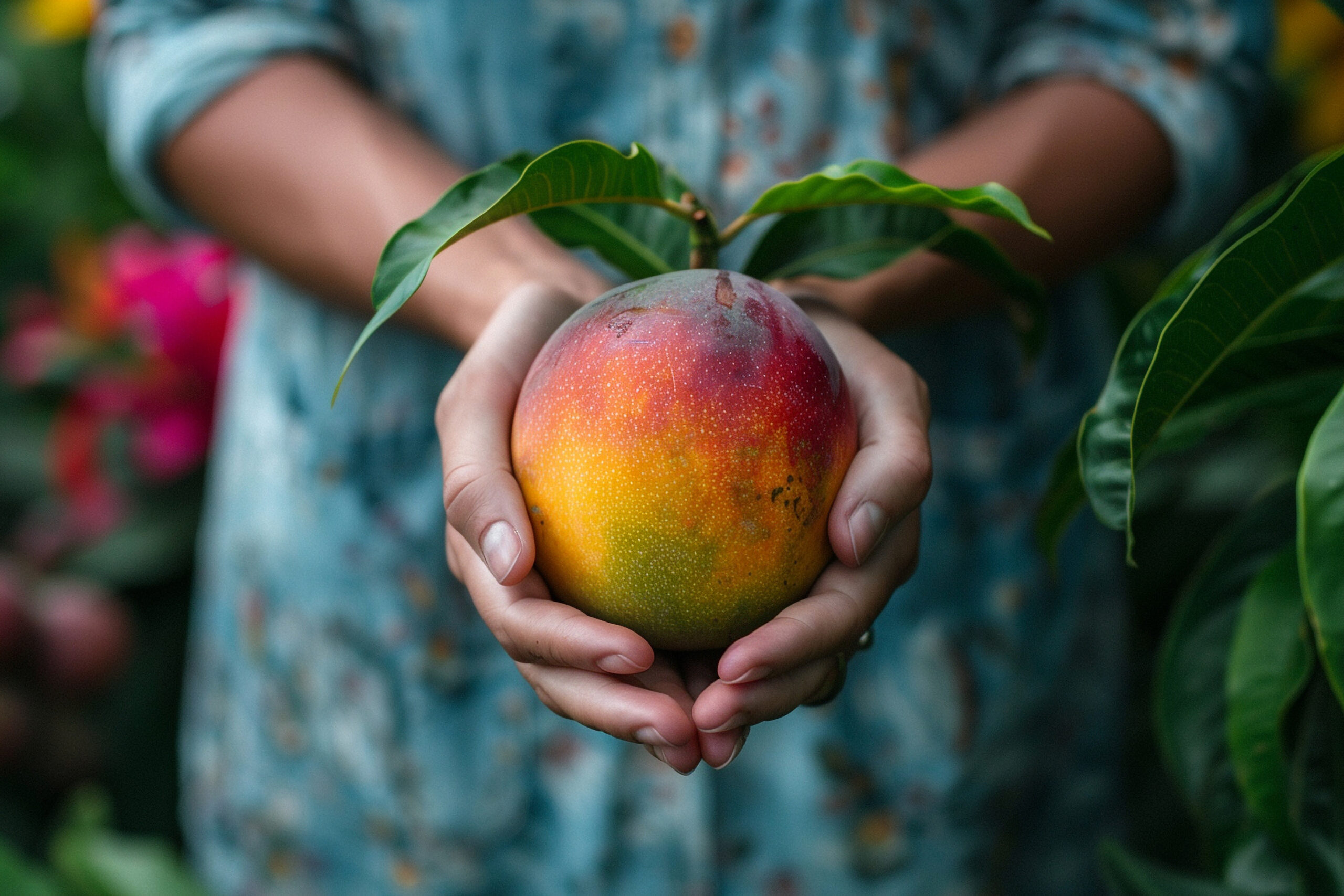
Beyond just being a tasty summertime treat, mangoes have many health benefits, are used in a wide variety of cuisines, and even have positive effects on the economy and environment. Many nations celebrate National Mango Day on July 22nd to honor this colorful fruit. However, how might this incident become a significant part of our everyday lives?
In addition to discussing the history and festivities of National Mango Day, this article explains how you can use mango-related activities to address practical issues like enhancing your household routines, lowering food waste, and promoting healthy eating.
What Is National Mango Day and Why Does It Matter?

In recognition of the commercial, nutritional, and cultural significance of mangoes, National Mango Day is observed. The celebration highlights the fruit’s significance in regional economies and global diets and is widely observed in nations like the Philippines, India, the United States, and parts of Latin America.
This awareness day is more important than just a holiday. Producing mangoes helps thousands of farmers, promotes sustainable farming methods, and increases food security. It’s an opportunity to consider how one small fruit can impact trade, global health, and even climate solutions.
The Health Benefits of Mangoes: A Daily Dose of Wellness
In addition to being delicious, mangoes are also very nutrient-dense. Mangoes are rich in vitamins A, C, and E, which promote healthy skin, eyesight, and even the immune system. Almost 70% of the daily required amount of vitamin C can be found in one cup of mango.
Eating mangos regularly can also aid in digestion. Amylase and other enzymes found in the fruit help break down carbohydrates. Additionally, it contains a lot of fiber, which promotes gut health and helps avoid constipation, a problem that many people encounter due to today’s sedentary lifestyles.
Mangos can be a great substitute for sugary snacks if you’re trying to eat healthier. Even those who are controlling their blood sugar levels can benefit from it because, although naturally sweet, it has a lower glycemic index when consumed in moderation.
Everyday Problems Mango Can Solve—and How to Use It Practically
- Are you sick of junk food? Make Mango Your Favorite Alternative
Cravings for salty or sugary snacks can derail health objectives. Try preparing mango cubes in the refrigerator rather than reaching for candy bars or chips. They are far healthier and equally fulfilling. - Do You Need a Natural Skincare Infusion?
Due to its high vitamin A and antioxidant content, mango pulp is often used in homemade face masks. For a 15-minute facial that encourages radiant skin without the need for pricey makeup, combine ripe mango with yogurt and honey.
- 3. Do You Want to Drink Water on Hot Days?
Make a healthier rehydration beverage than most store-bought energy drinks by blending mango, coconut water, and mint. This is particularly beneficial in the summer, when dehydration and heat stroke are prevalent.
Delicious Mango Recipes for Everyday Use
Mangos can be creatively enjoyed on any day. These useful, simple recipes transform this fruit into a meal or beverage that you can have at any time.
- Overnight Mango Oats
Add diced mango, chia seeds, and almond milk to the rolled oats. Enjoy a ready-made, wholesome breakfast after leaving it in the refrigerator overnight. - Hot Mango Salsa
Perfect as a topping for grilled chicken or fish, just dice mango, red onion, cilantro, jalapeño, and a squeeze of lime. - Lassi with mangos
A traditional Indian beverage that helps with digestion and cooling is made by blending mango pulp with yogurt, honey, and a little cardamom.
National Mango Day and Its Role in Climate Awareness
Mango farming is not an exception to how crop yields are being impacted by climate change worldwide. In addition to being a day to indulge in smoothies, National Mango Day offers an opportunity to promote environmentally friendly agricultural methods that lessen the negative effects of food production.
Choosing locally or organically grown mangoes reduces the carbon footprint associated with importing out-of-season fruit and supports farmers who care about the environment. Mango seeds and skins can also be composted at home to reduce kitchen waste.
Supply chains will change if more customers want mangoes that are grown ethically. This can result in more fair trade practices, less pesticide use, and less water use—all of which are good for the environment and future generations.
How Schools and Communities Can Celebrate National Mango Day
Schools and local communities can use this awareness day to encourage environmental awareness and a healthy diet. The following concepts have been successfully put into practice:
- On Fruit Day in Schools, students learn about the nutritional value and origins of mangos by bringing in dishes made with the fruit.
- Community Gardening Programs: As a long-term project, mango trees can be planted in climates that are suitable for them.
- Cooking Contests: To raise awareness of healthy food options, local chefs or home cooks can enter and win prizes for their inventive mango recipes.
How to Store and Extend the Life of Your Mangoes
Fruit spoiling too quickly is a problem for many households. Here’s how to extend the shelf life of your mangoes and cut down on food waste:
- Ripen Appropriately
Room temperature is ideal for mango ripening. Keep them in a paper bag to expedite the process. Refrigerate once ripe to prolong shelf life. - Set Aside for Later
Peel and cube the mangos before freezing them flat in reusable bags. They keep for up to six months and can be added to desserts or smoothies. - Produce Preserves
Traditional methods of preserving extra mangoes, particularly during harvest season, include making jam, chutney, or pickles.
The Economic Value of Mangoes: More Than Just a Fruit
Millions of people rely on mangoes for their livelihood. Mango exports are a multibillion-dollar industry in nations like Mexico and India. Customers can help boost rural economies by choosing seasonal mangoes or supporting mango growers through fair trade purchases.
Additionally, the fruit supports sectors that expand in tandem with the demand for food, such as packaging, logistics, and agriculture technology. Events like mango festivals, which attract thousands of tourists annually, even boost tourism.
The Real-Life Impact of Celebrating National Mango Day
Celebrating National Mango Day is a way to connect with community and culture, support sustainable practices, and adopt healthier habits in addition to simply enjoying fruit. Even something as simple as eating a mango can have a big impact on how we eat, shop, and live.
Take this day to consider the origins of your food, its cultivation, and its effects on your health. Tell your loved ones and friends what you have discovered. Try a new mango recipe, start a compost pile, or plan a fruit exchange. Every action matters.
FAQs
- What is National Mango Day’s primary goal?
to promote sustainable and conscientious consumption while honoring the cultural, economic, and health benefits of mangoes. - How can I celebrate National Mango Day at home?
Prepare a mango-based dish, support neighborhood mango growers, post information on social media, or teach kids about the health advantages of the fruit. - Do diabetics benefit from eating mangoes?
Yes, in moderation. Rich in nutrients, mangoes have a medium glycemic index. For personalized guidance, always consult a healthcare professional.









